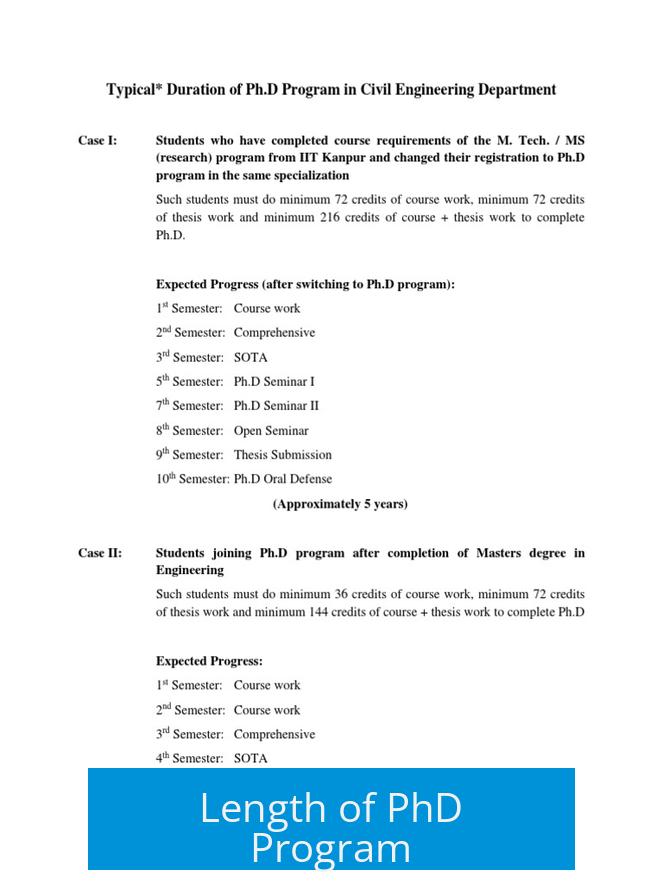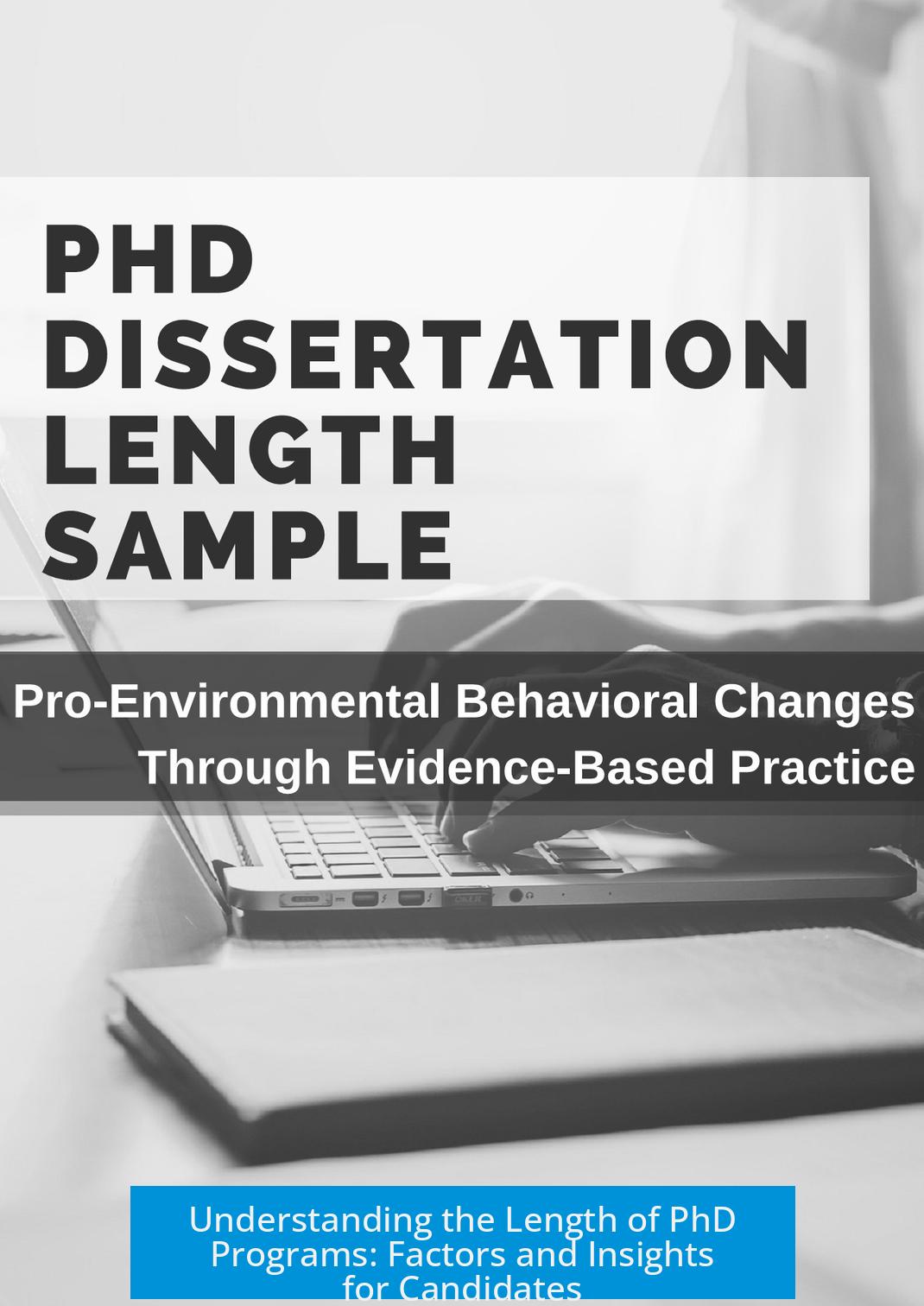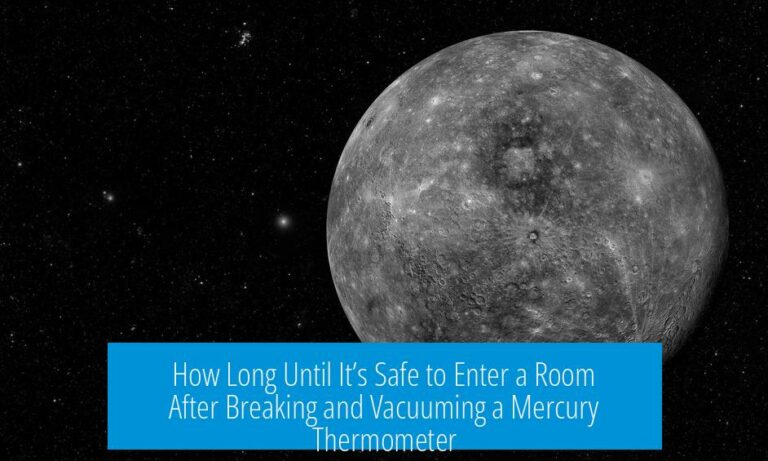Length of PhD Program

The typical length of a PhD program varies widely by field, location, funding, and advisor support, often ranging from 3 to 7 years.
PhD Duration by Field and Region
- Molecular Biology and Biochemistry (US): Most programs last between 5 and 6 years. Examples show durations from 5 to 5.6 years are typical, with some completing in as few as 4 years, though that is considered fast. Programs extending beyond 6 years often indicate research setbacks.
- Genetics (US East Coast): PhDs focusing on molecular or wet lab genetics tend to take about 5 years.
- Engineering Biology: These programs generally last around 5 years but may stretch closer to 7 years in some departments.
- Australia: PhD programs usually take less time, often between 3 and 4 years, depending on the institution.
- Theoretical Physics relating to Molecular Biology: This niche field may require around 3.5 years, especially if the student already holds a related master’s degree.
Factors Influencing Duration
- Advisor Role: The principal investigator’s mentoring style and resources heavily influence completion time. Investigating prior students’ timelines can provide insight.
- Funding Source: Students funded directly by their department tend to complete faster than those relying on external grants, which may affect project timelines and resources.
Additional Notes on PhD Length
- Completion times shorter than 4 years are rare and may raise questions about research depth.
- Programs extending beyond 6 years often reflect challenges rather than typical progress.
- The duration can be affected by the research field’s nature, complexity, and individual circumstances.
Advice for Prospective PhD Candidates
Students should contact prospective schools and advisors to inquire about average completion times and funding structures. This research helps set realistic expectations and select environments supportive of timely progress.
Key Takeaways
- PhD lengths typically range from 3 to 7 years depending on field and country.
- Molecular biology and related biomedical PhDs in the US average 5 to 6 years.
- Australian PhDs are usually shorter, around 3 to 4 years.
- Advisors and funding sources significantly affect program duration.
- Contacting departments can clarify expected timelines and funding conditions.
How long does a typical PhD in Molecular Biology or Biochemistry take in the US?
It generally takes between 5 and 6 years. Some programs consider 4 years very fast, while over 6 years may signal issues during the study. Funding source can also affect duration.
Does the choice of advisor impact the length of a PhD program?
Yes. The time to complete often depends on your advisor. Checking how long their past students took can give a good estimate.
Are PhD programs shorter in Australia compared to the US?
Yes. Australian PhDs usually range from 3 to 4 years, which is shorter than typical US programs that often last 5 to 7 years.
Why do some Biology-related PhD programs take longer than 5 years?
Lab-based science programs often extend to 6 or 7 years. Issues like project setbacks or funding delays can add to the duration.
How long do theoretical or interdisciplinary PhD programs in biology usually take?
Theoretical biology PhDs can be shorter, around 3.5 years, especially if a relevant master’s degree was completed beforehand.





Leave a Comment